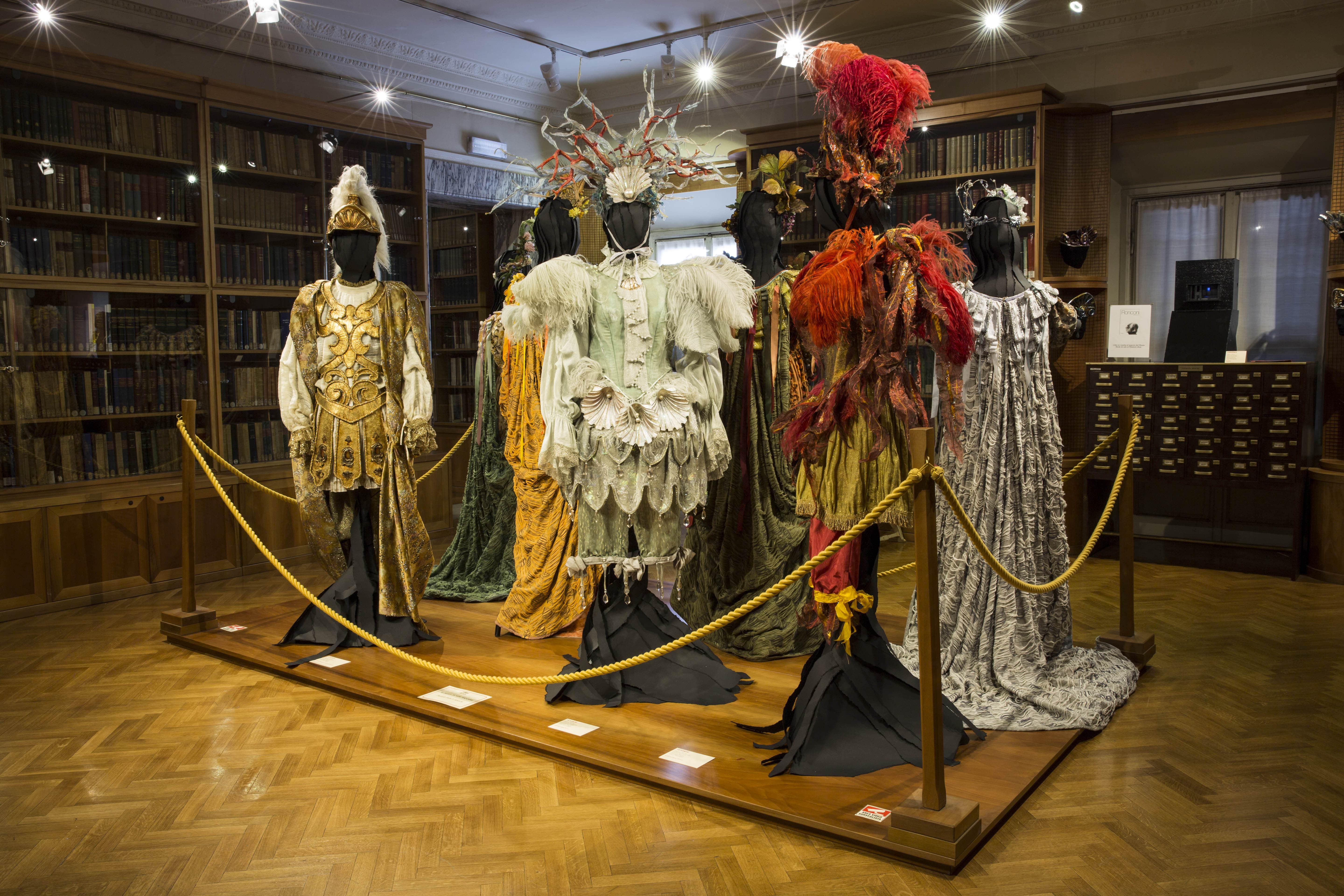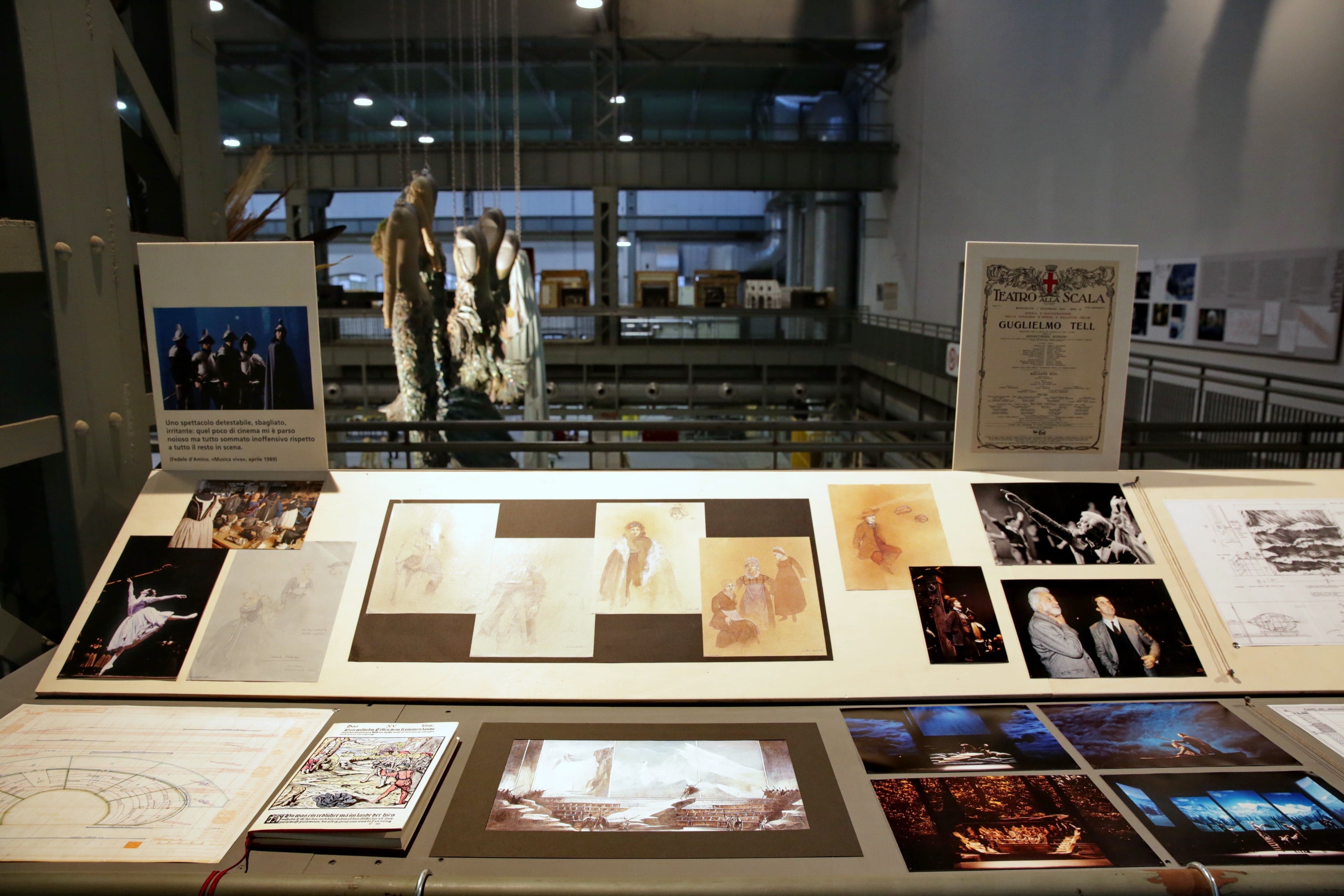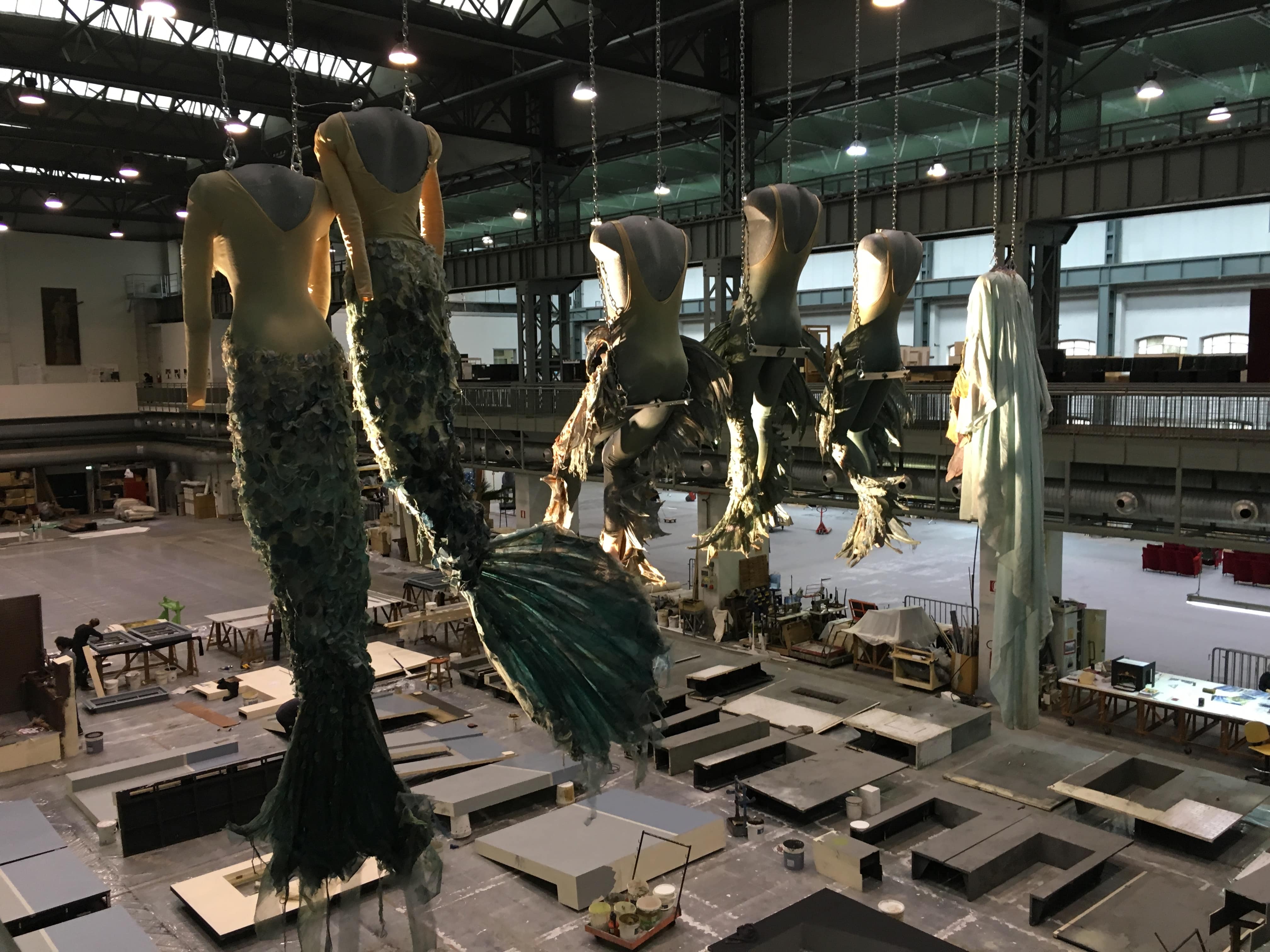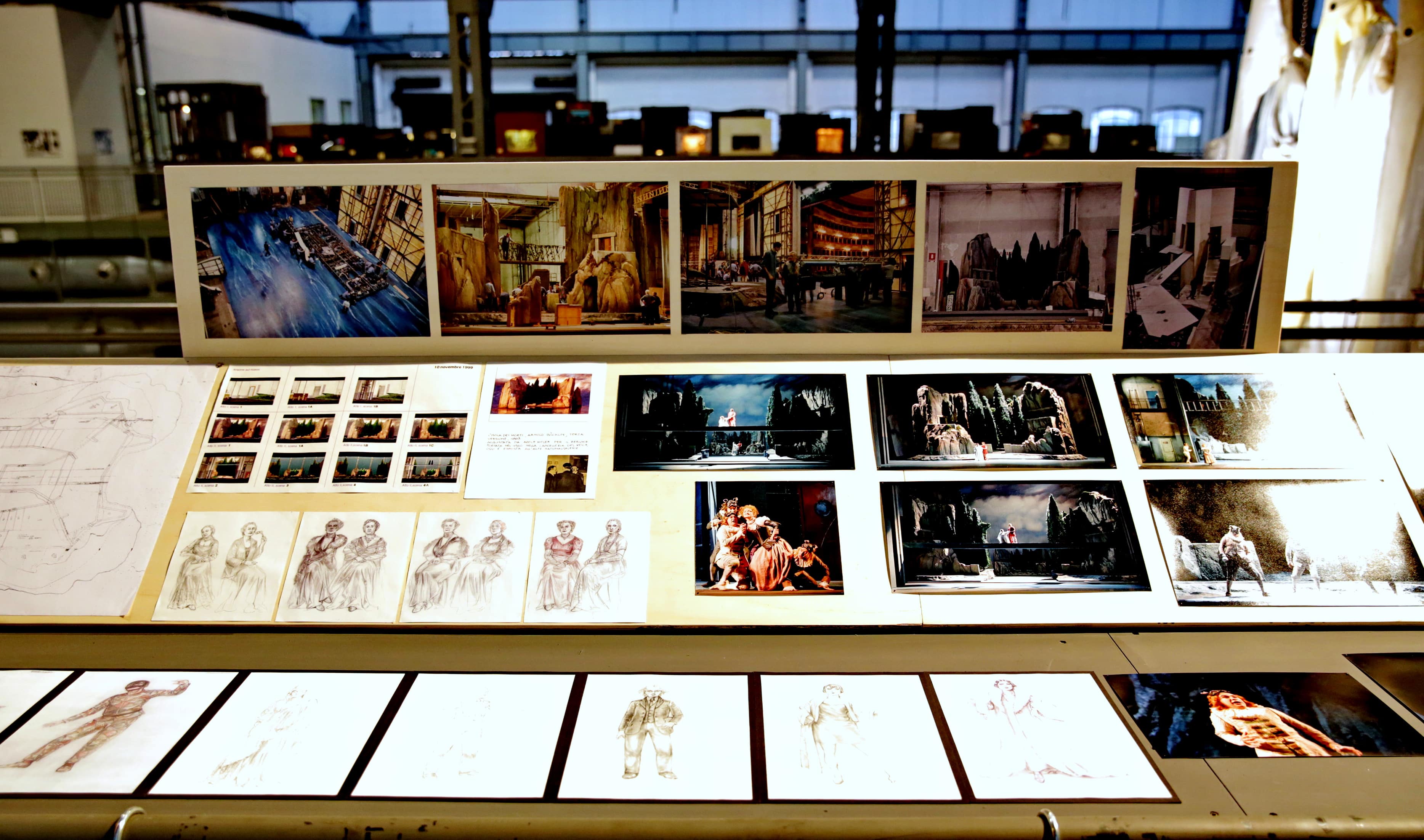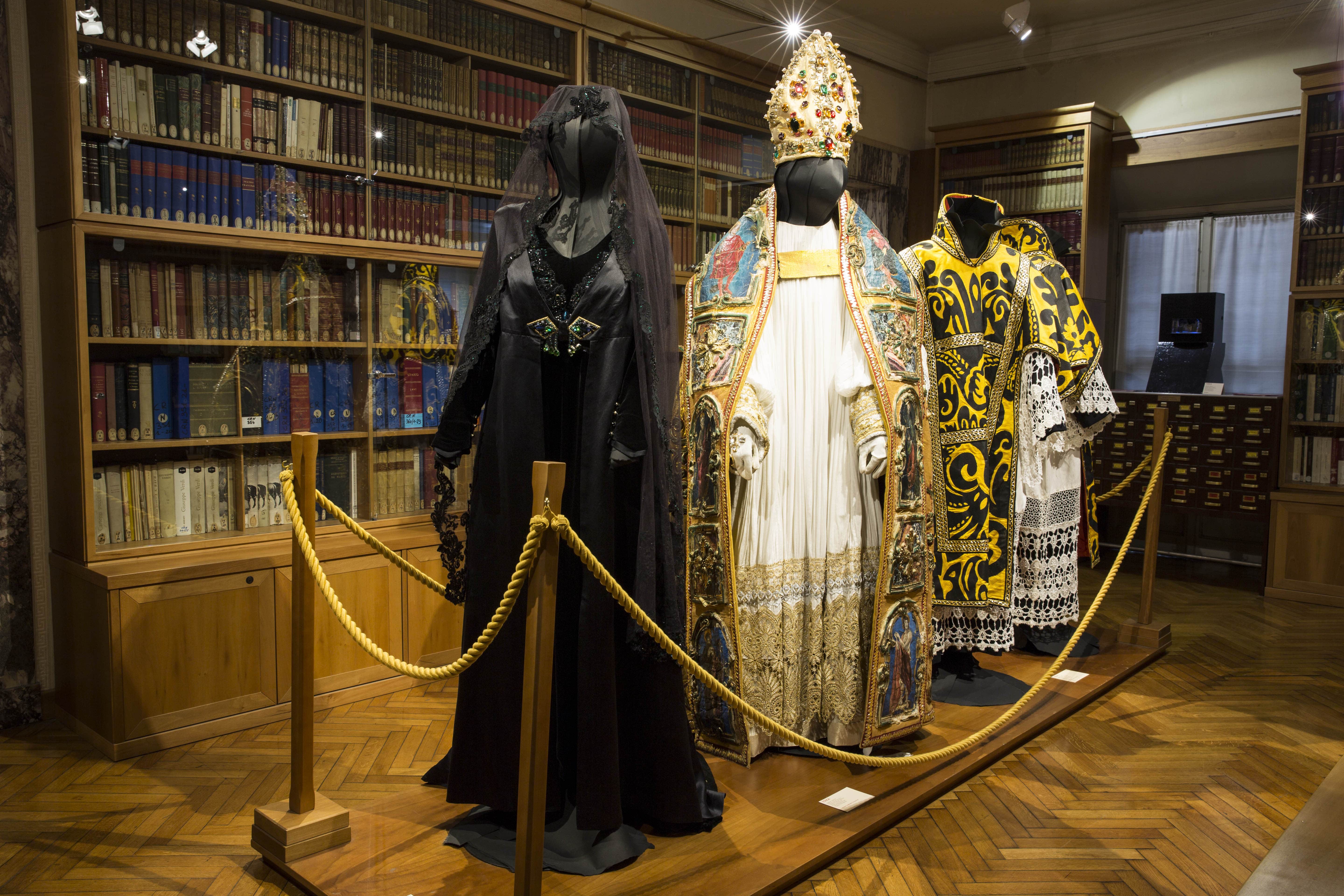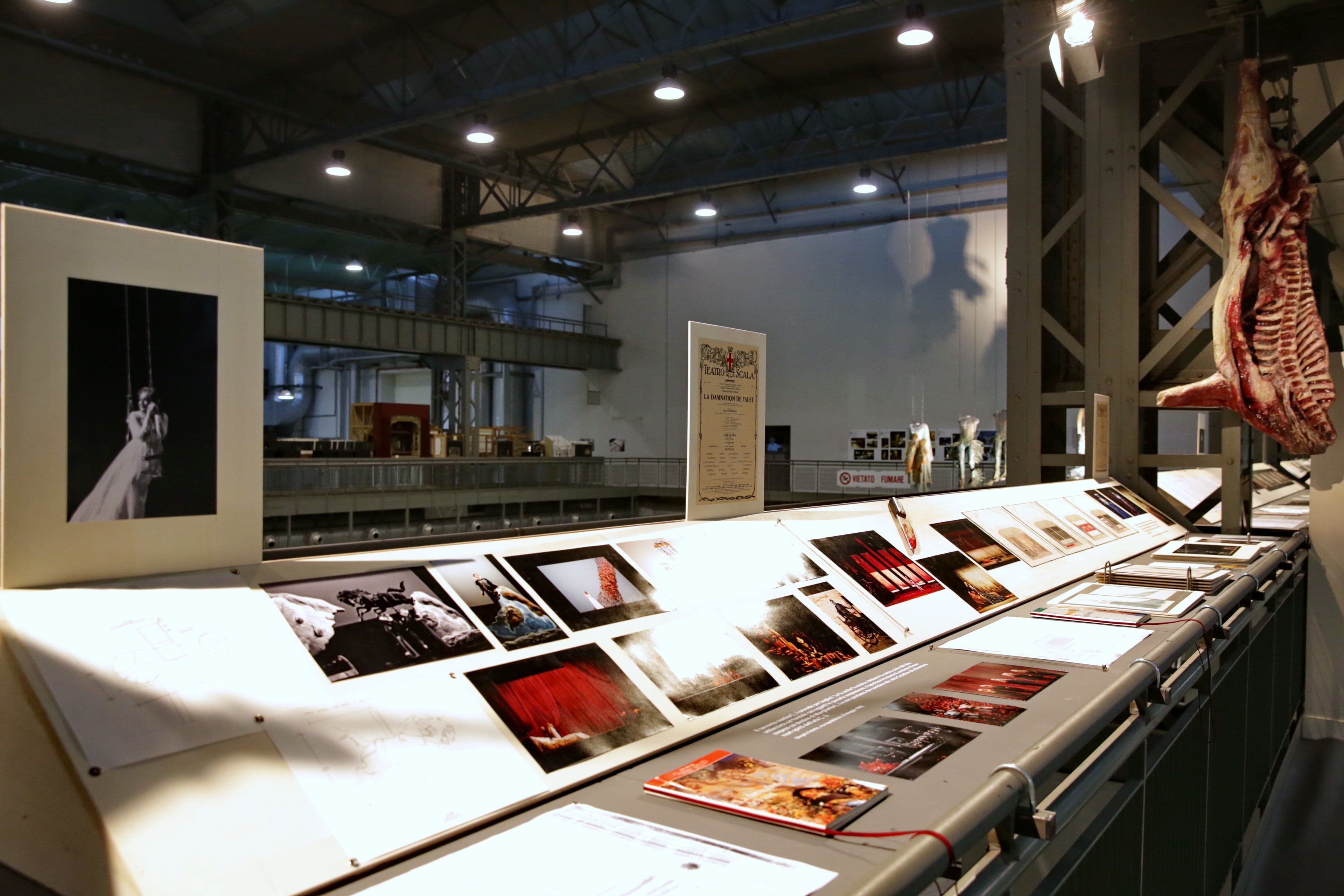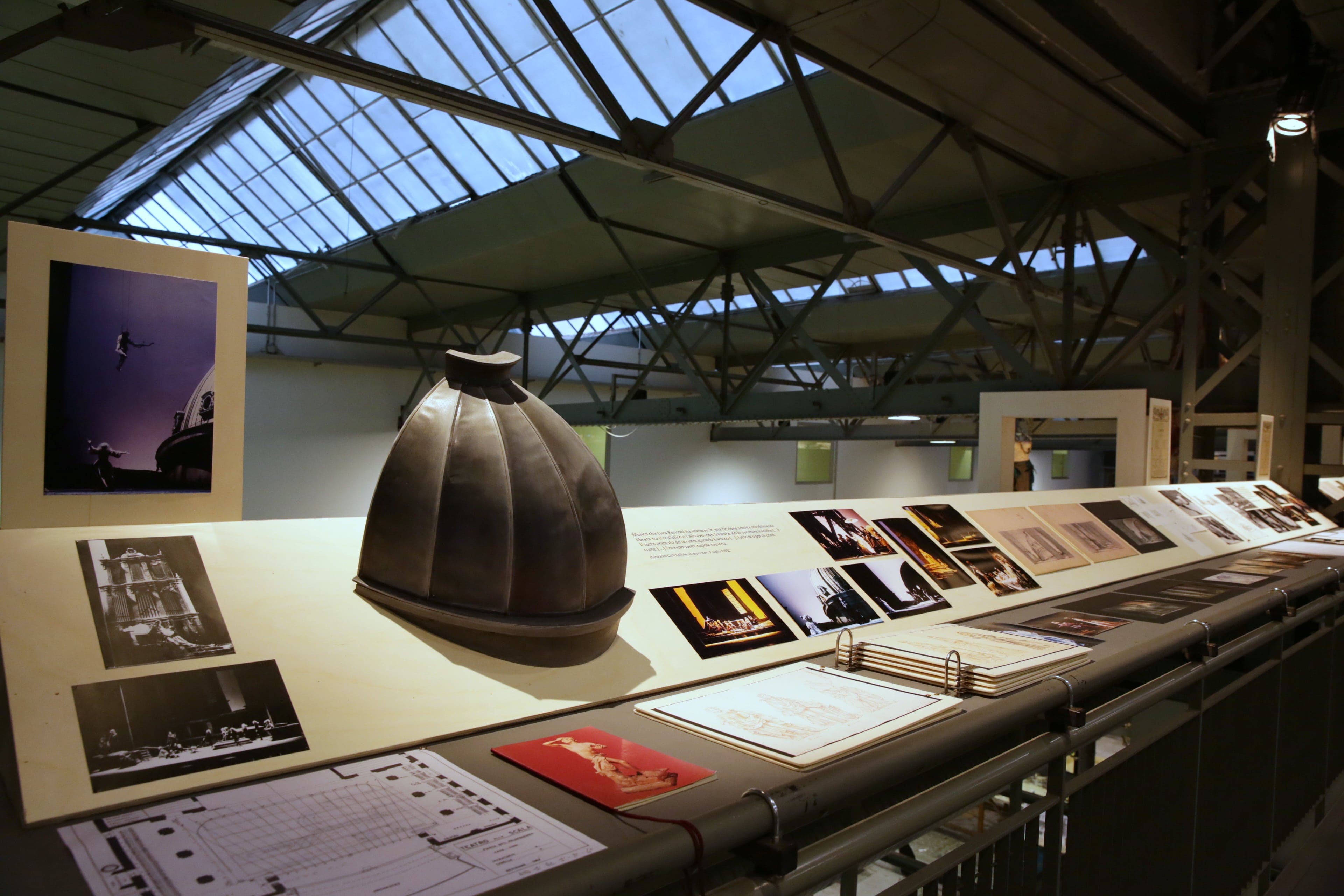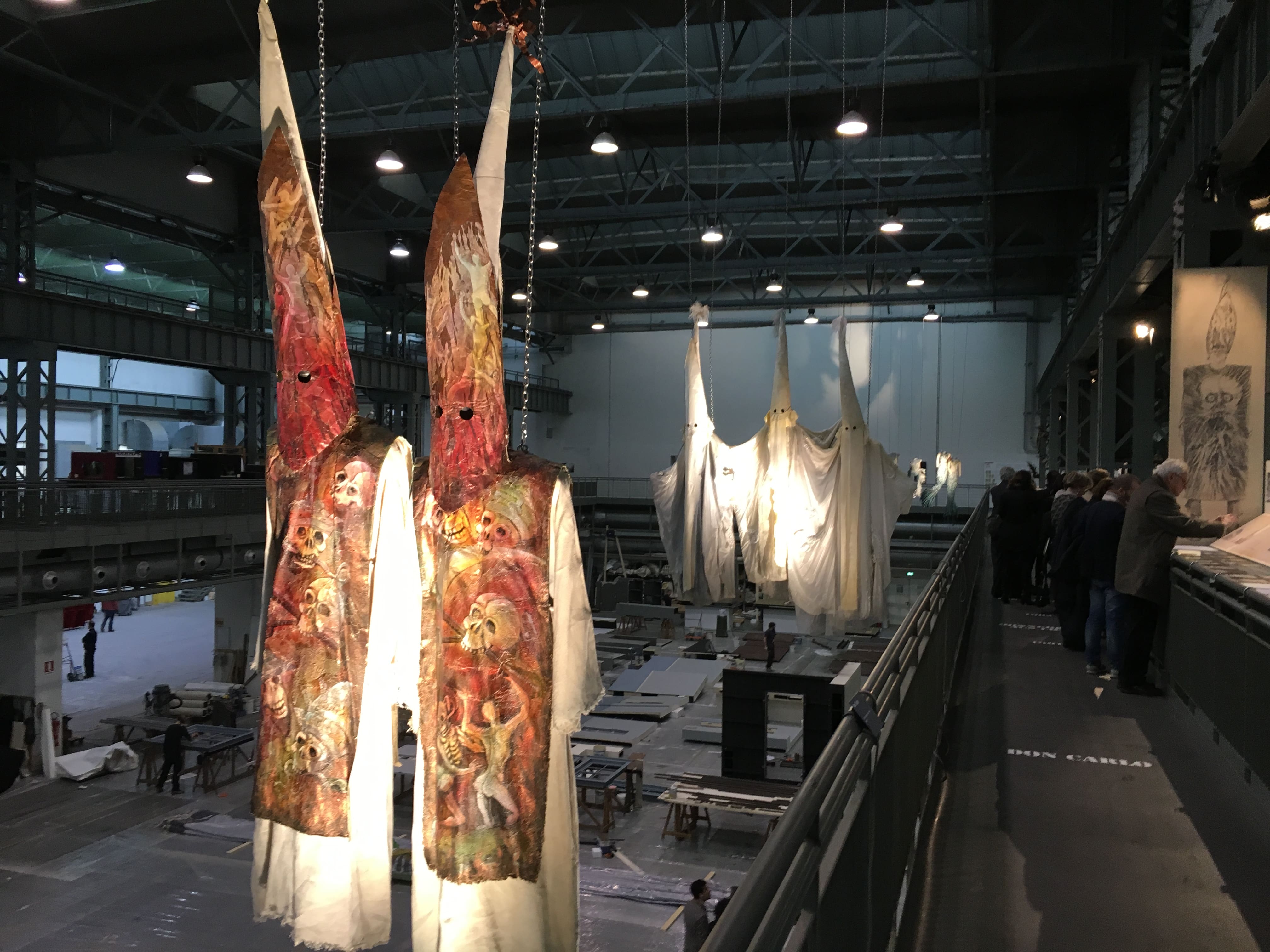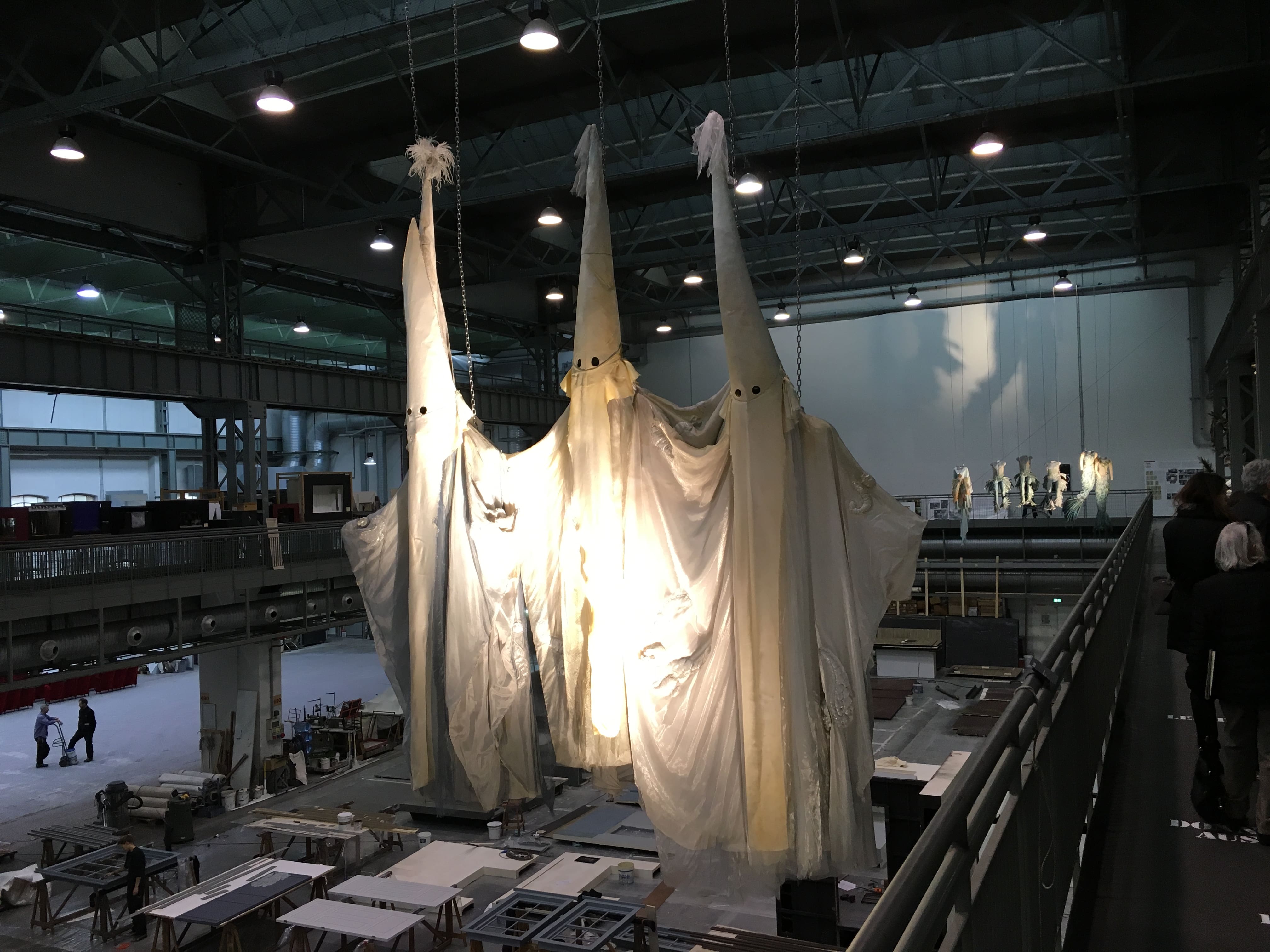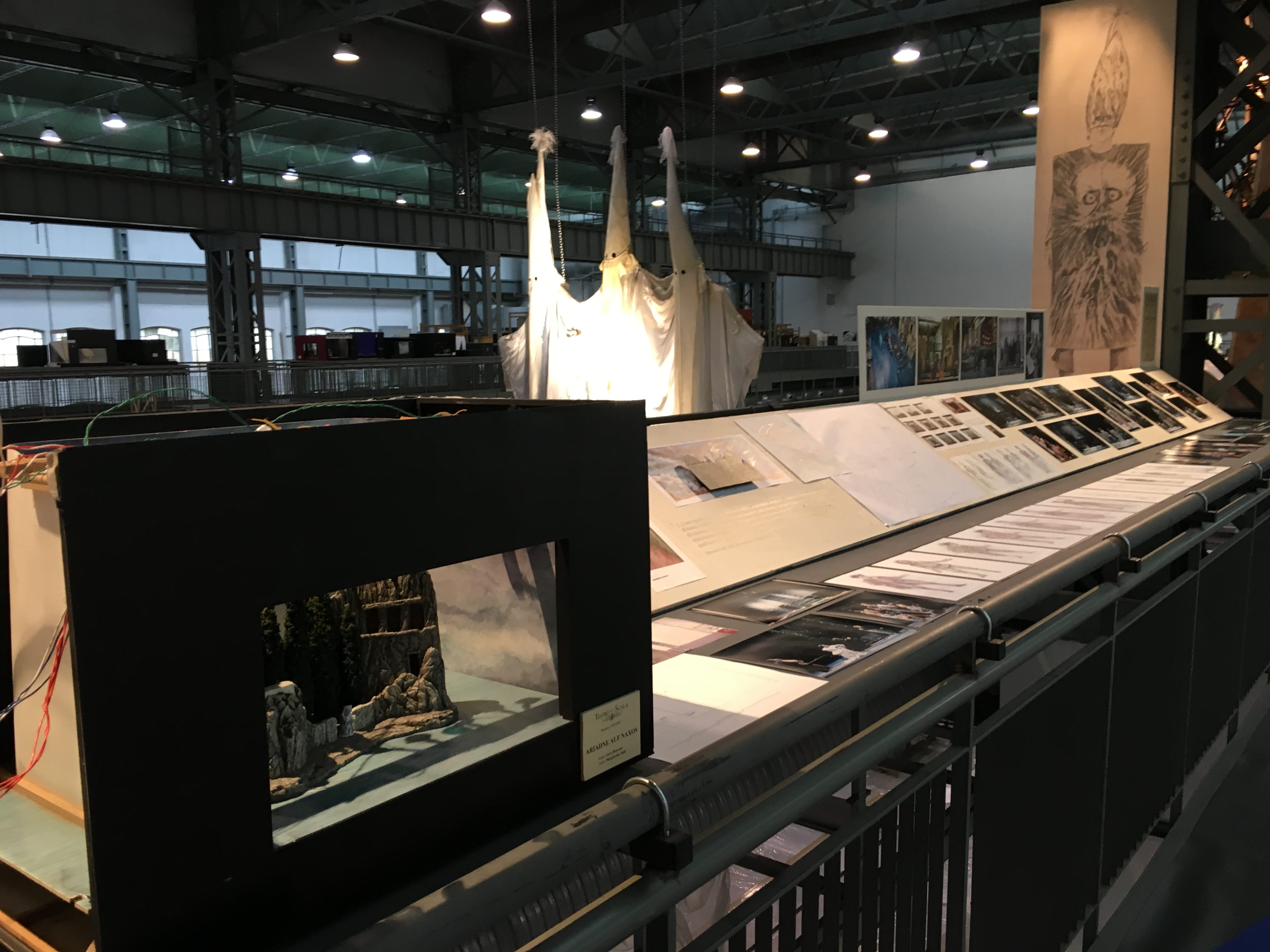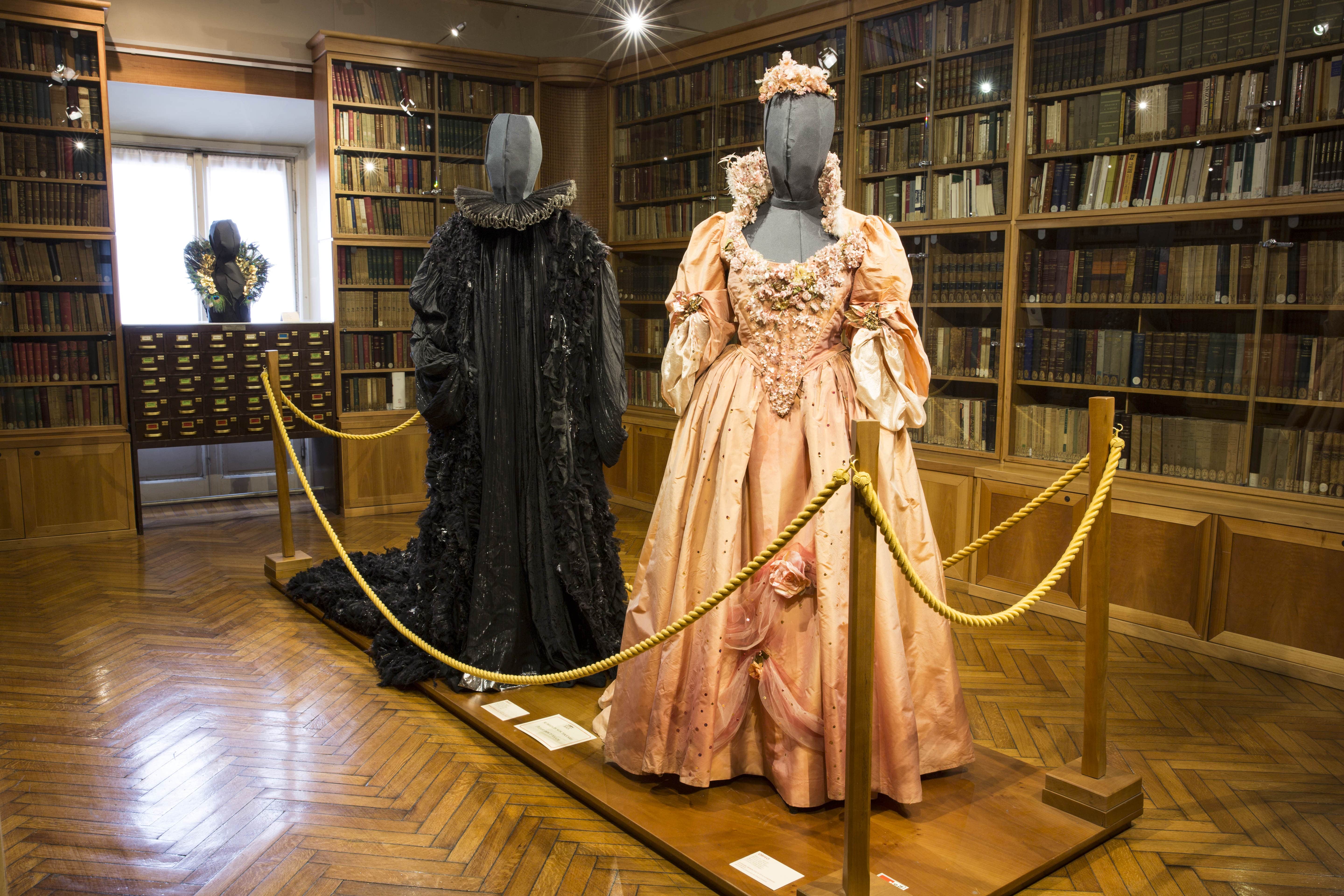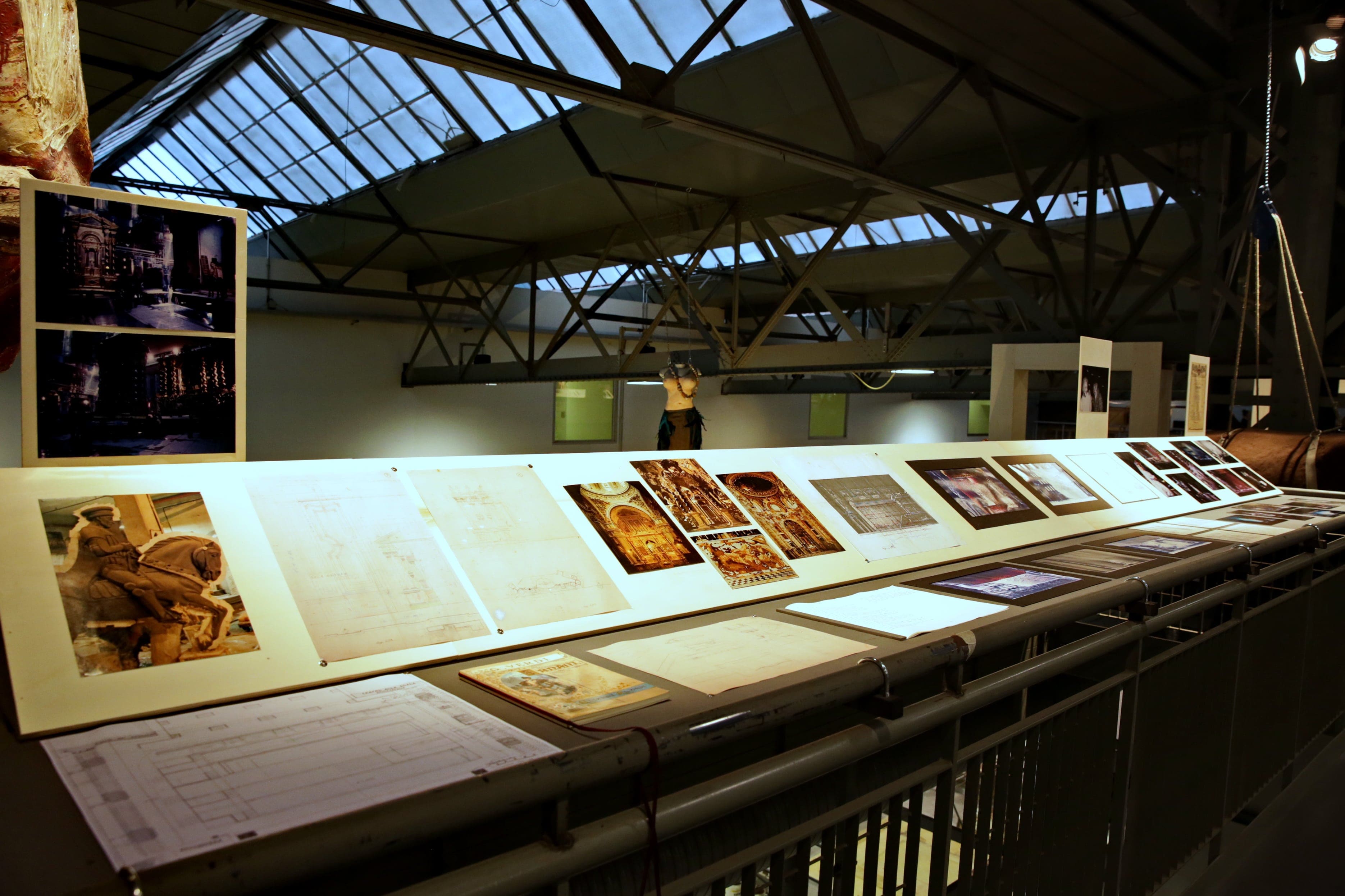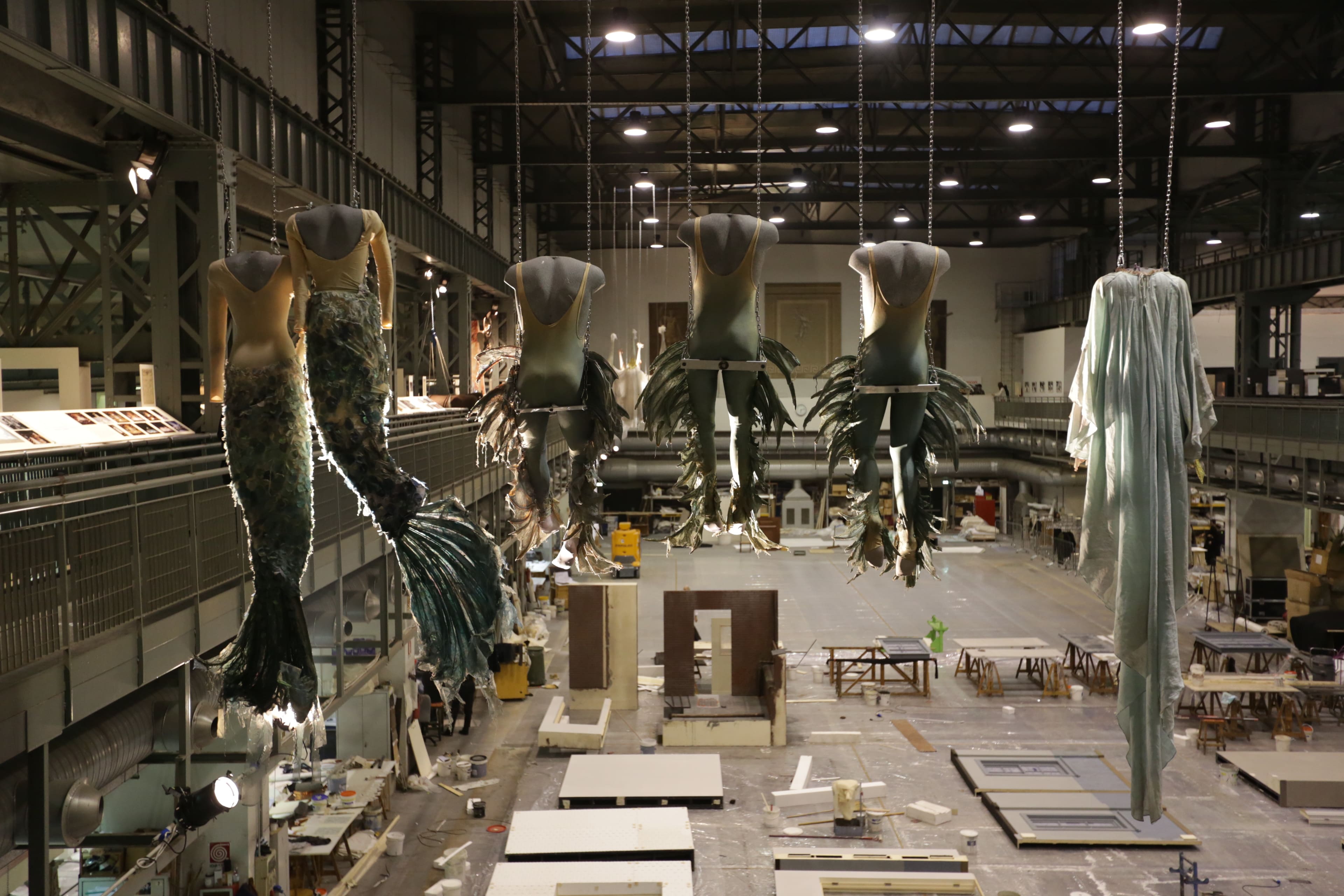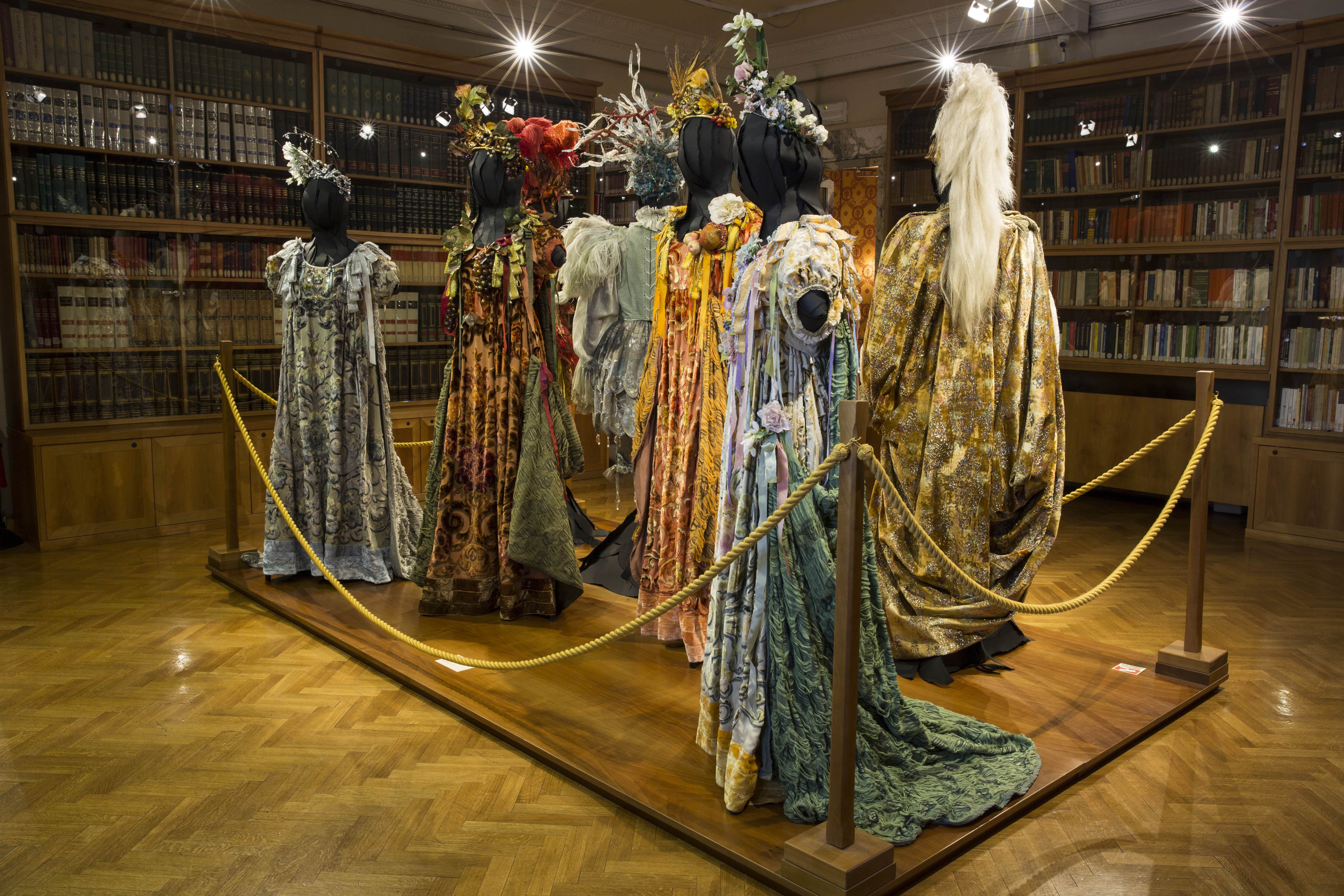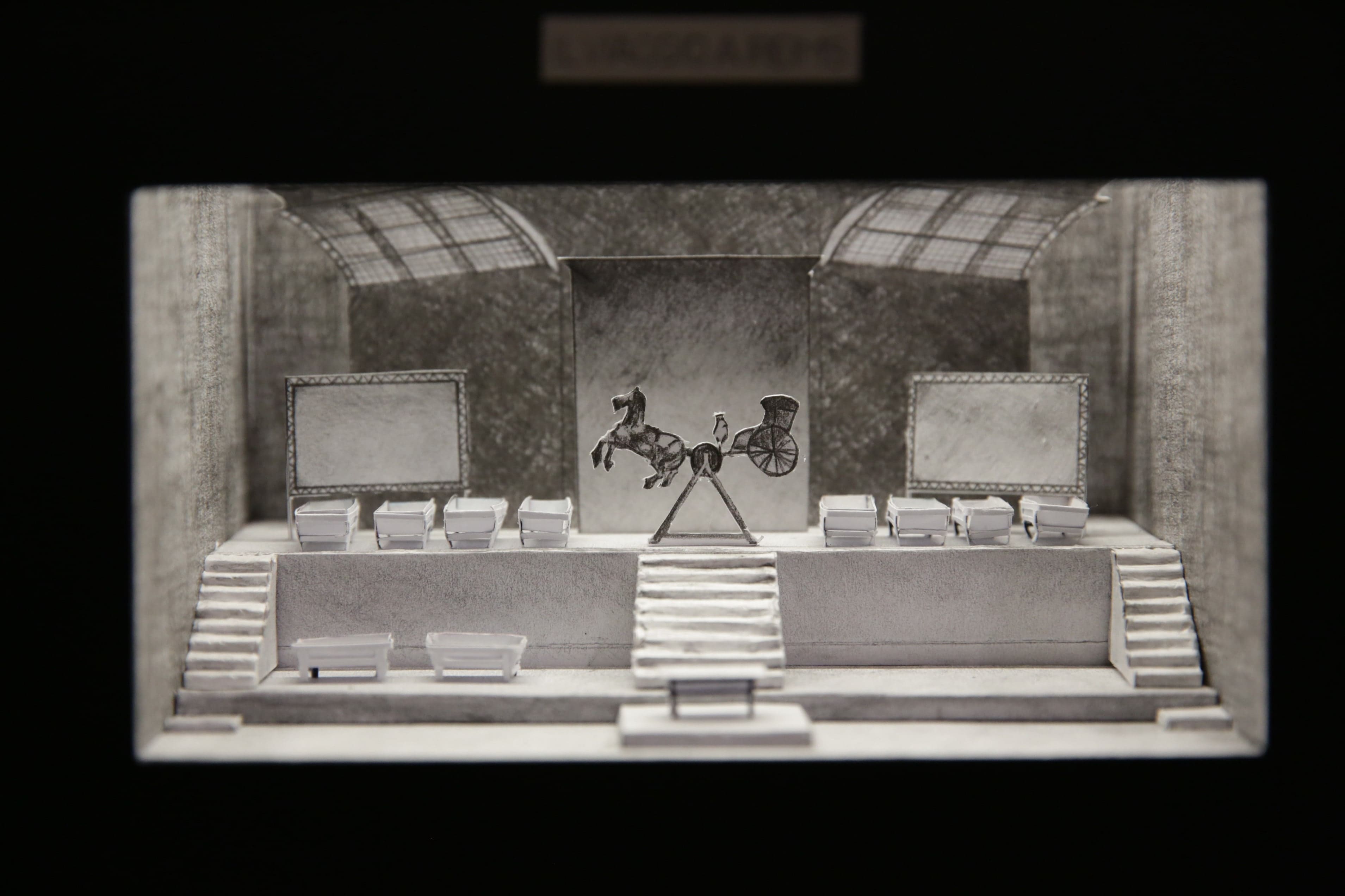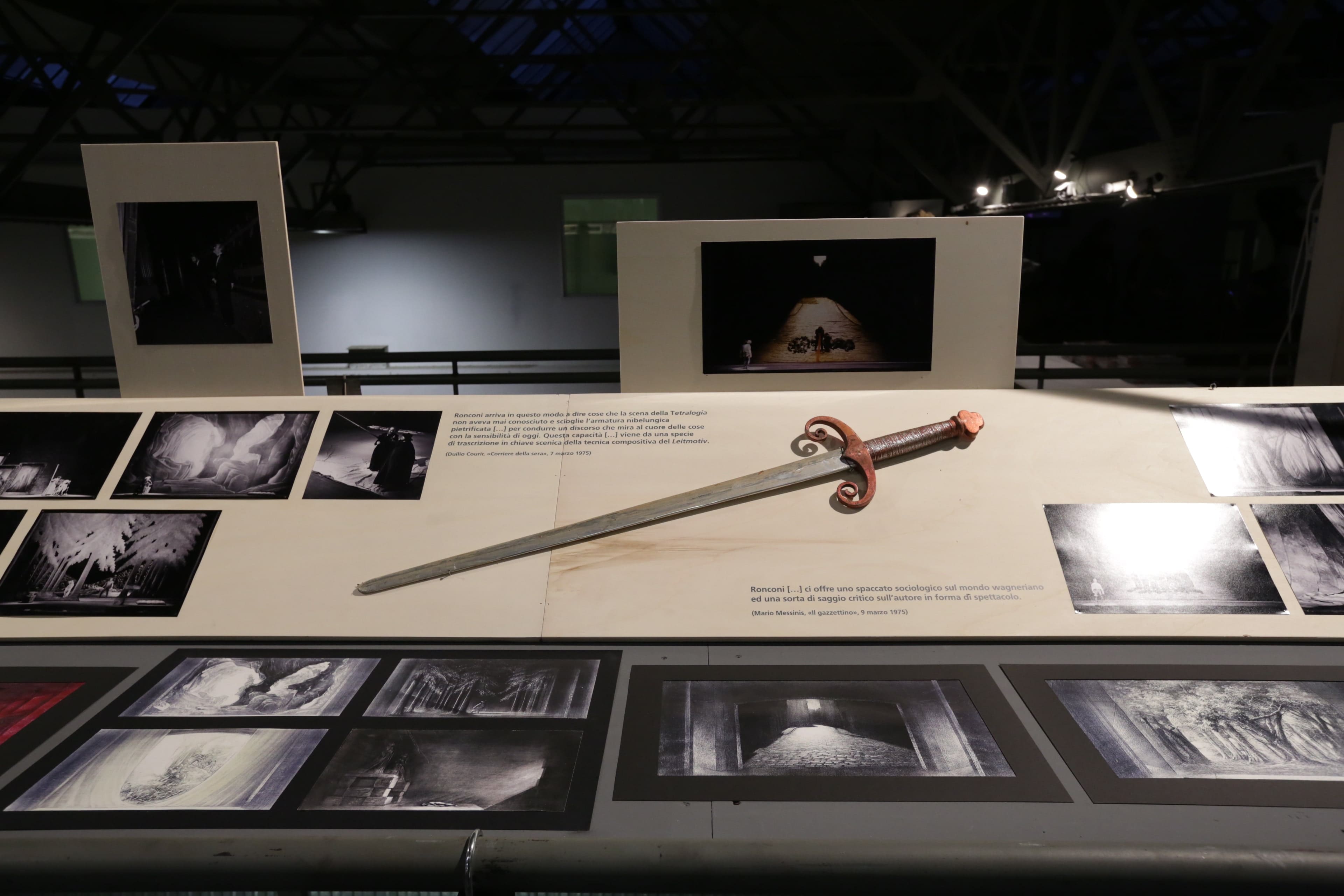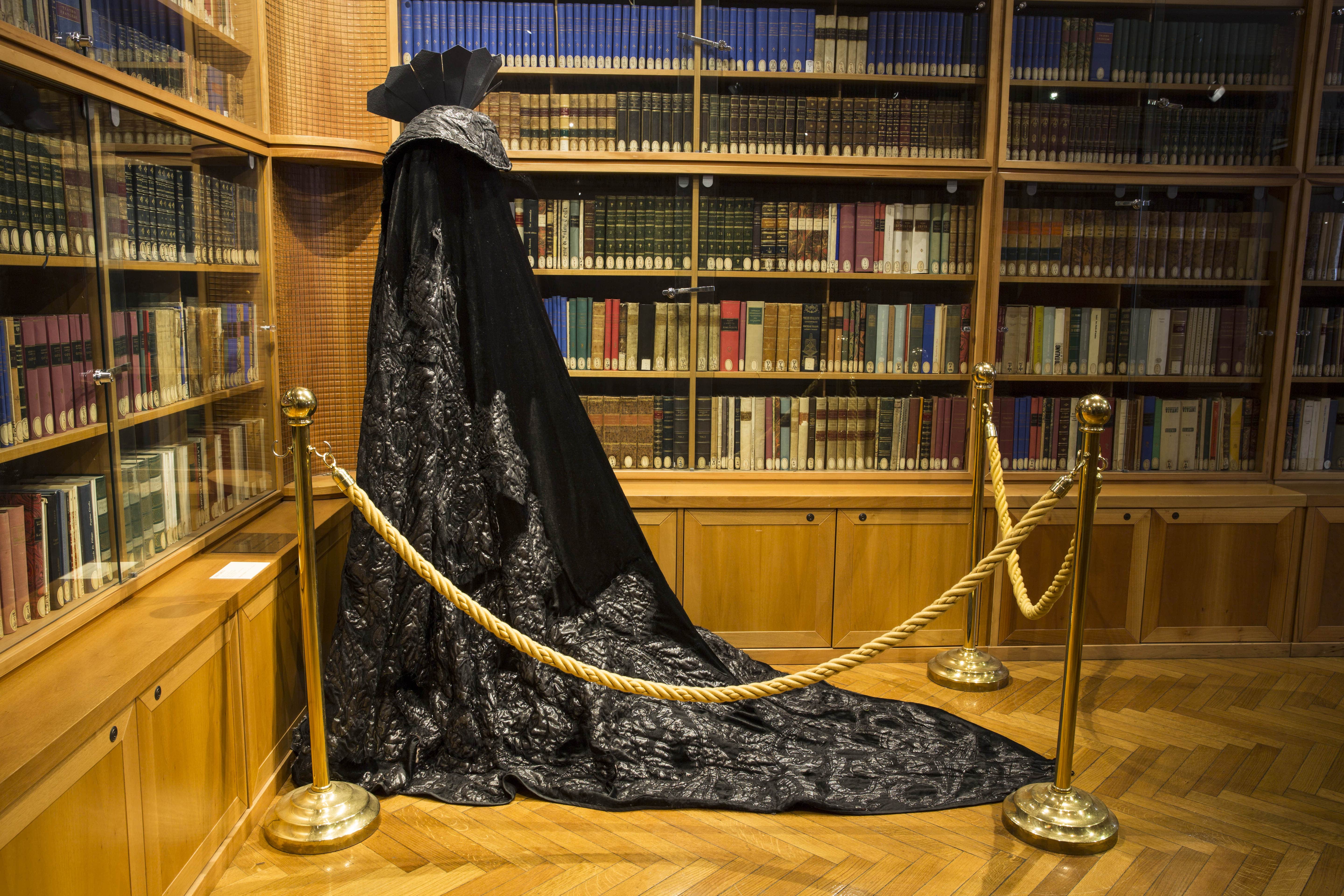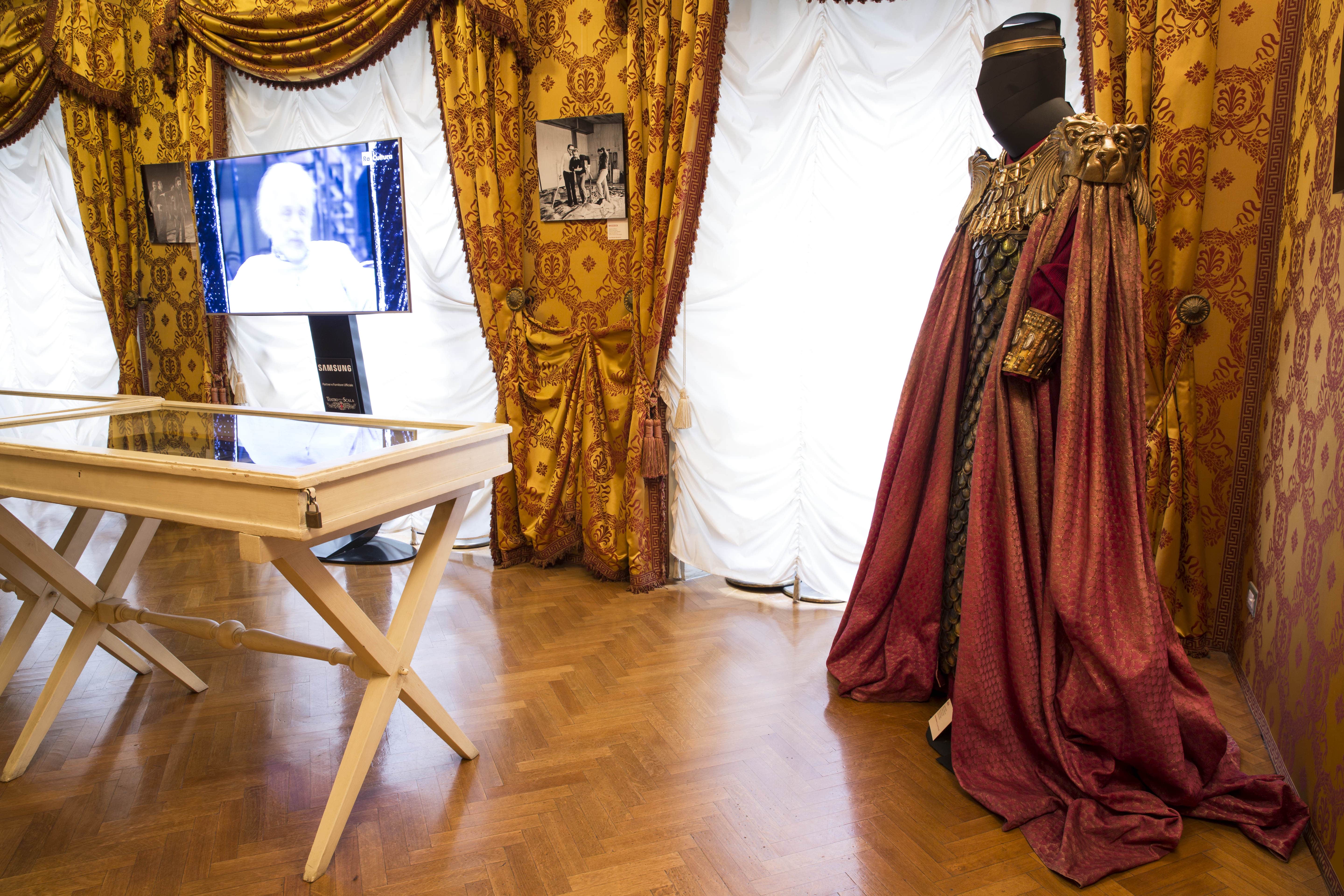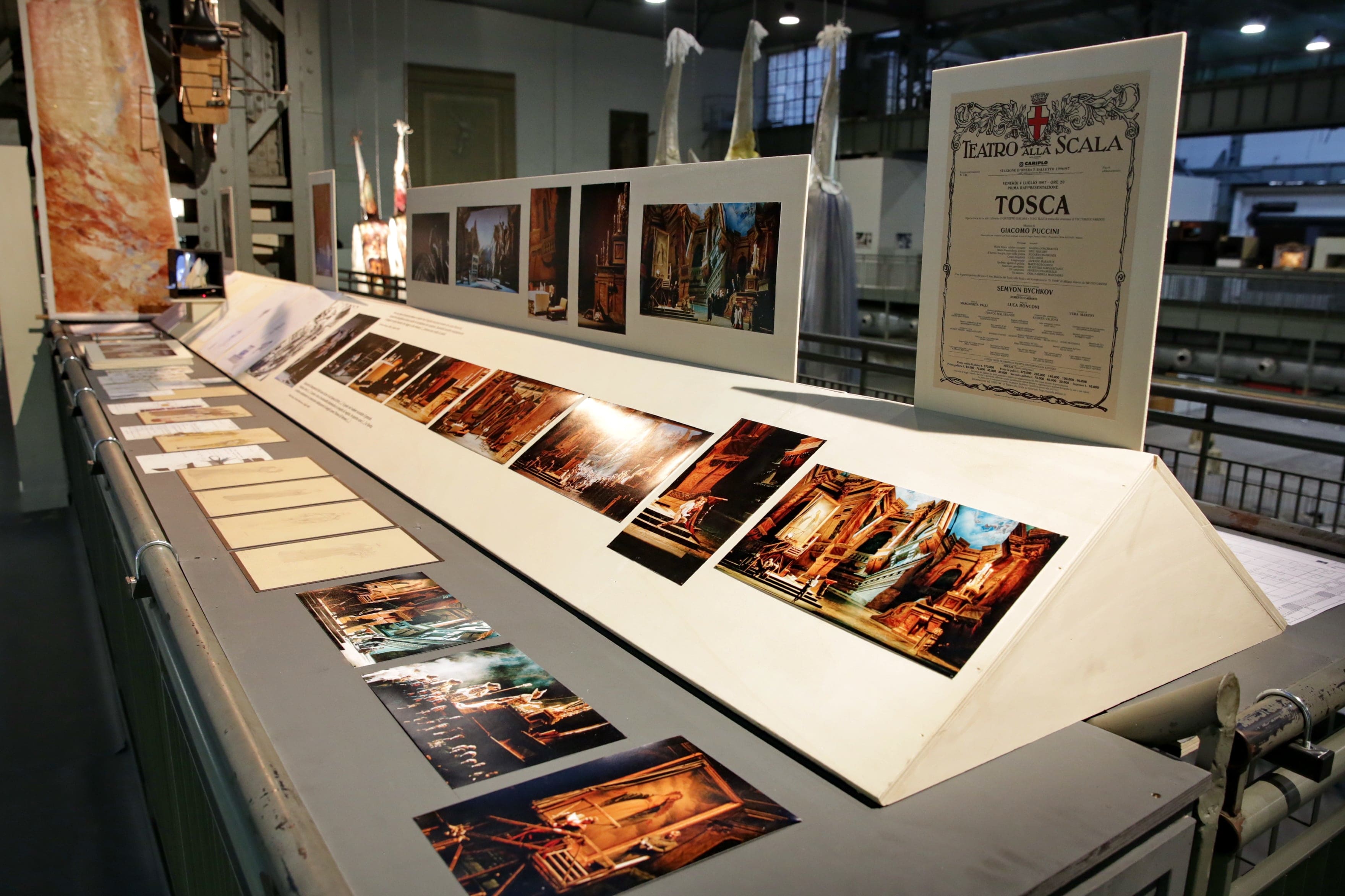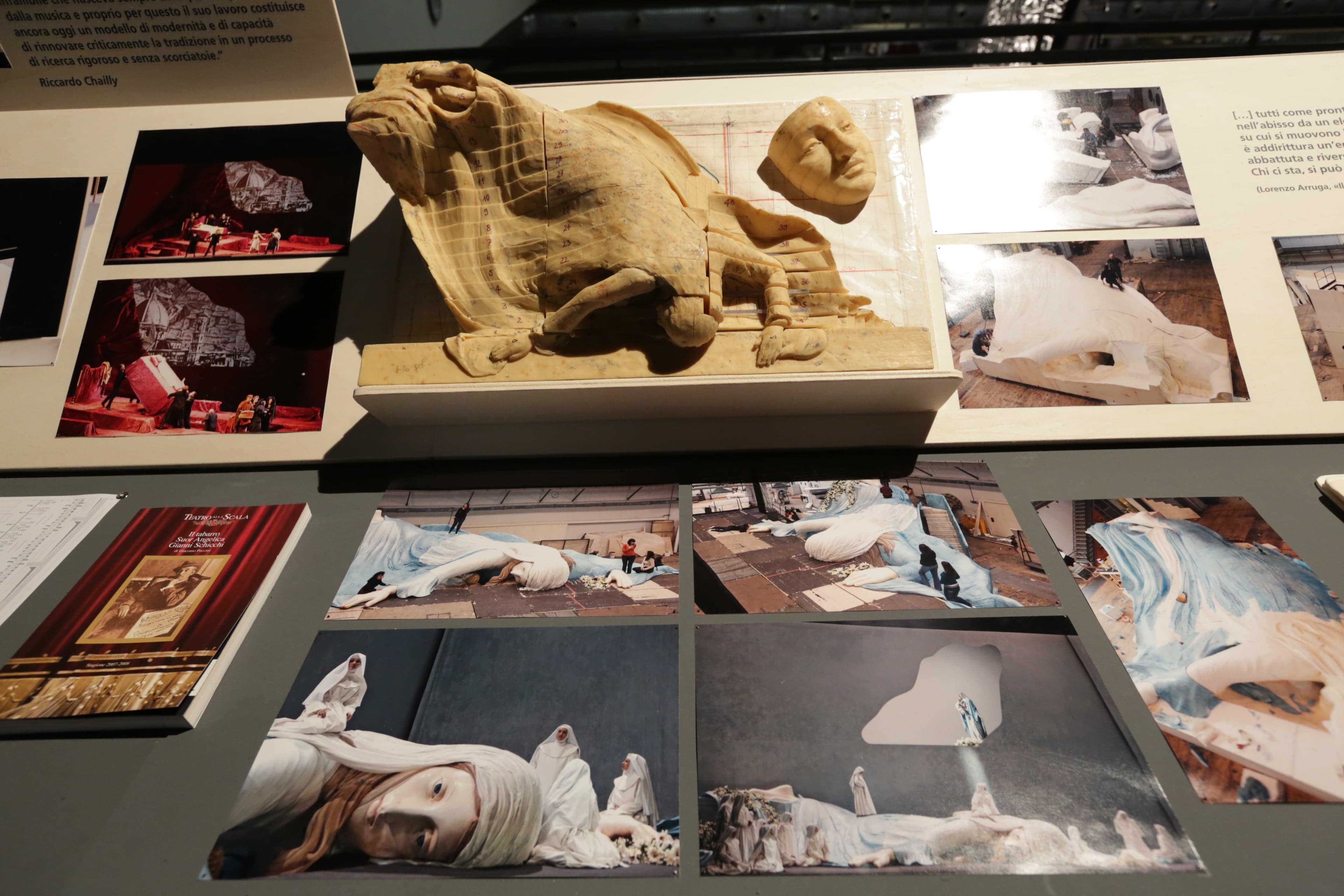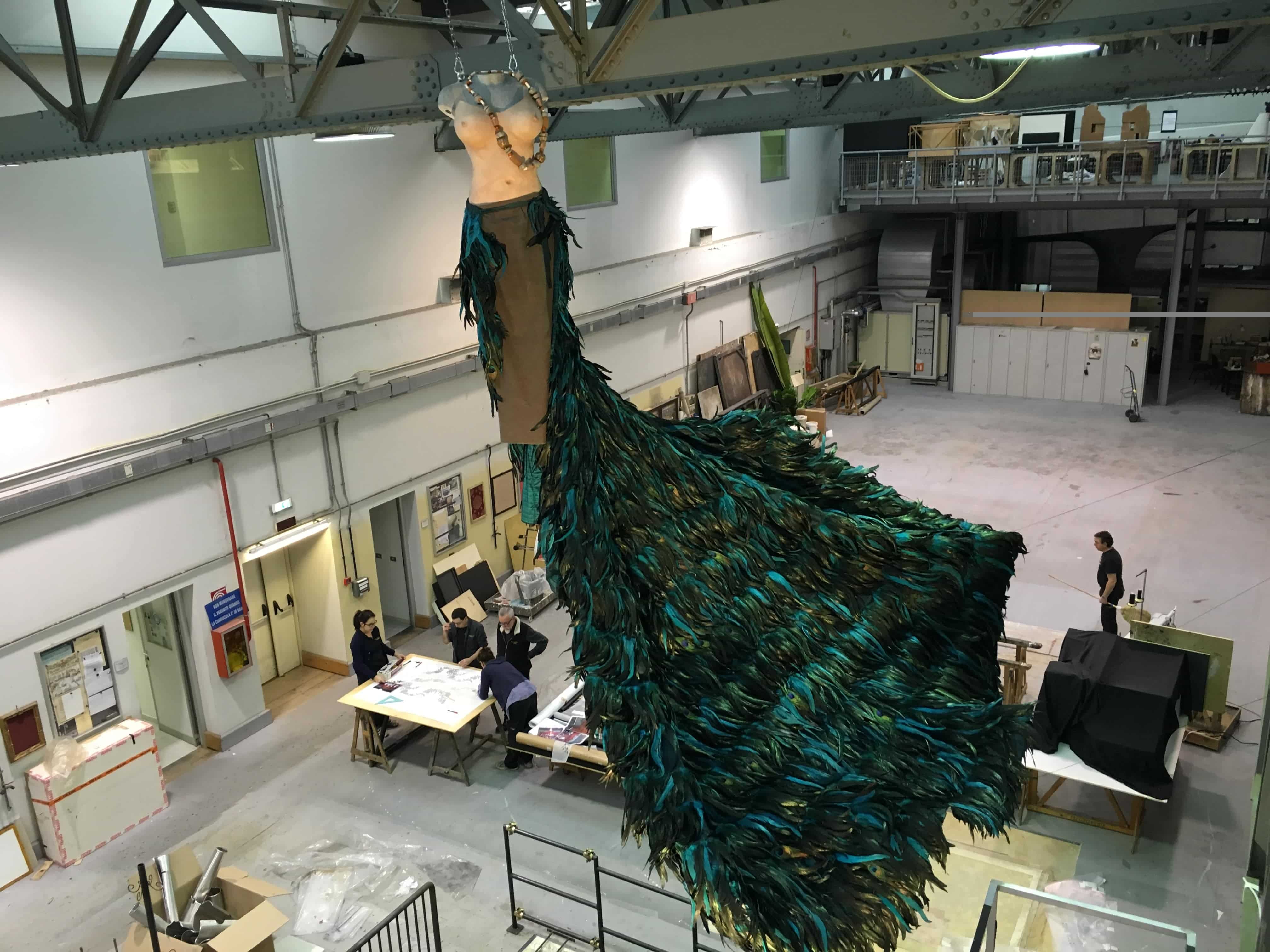Luca Ronconi. The laboratory of ideas
Il laboratorio delle idee
24th February – 24th May 2016
Luca Ronconi debuts at La Scala theatre in 1974 and scandal it was: his Valchiria, transposed in the mythology of the middle class family of the eight hundredth forerunning the similar action of Chéreau in Bayreuth , shocks the audience and the conductor himself Wolfgang Sawallisch: more turmoil is met by his Don Carlo deprived of its usual lavish pageantry and loaded with symbols of doom and gloom, being attuned with the musical research that Abbado was carrying on.
Performances which now belong to legend and followed, in the 80s by two days of Licht cycle by Stockhausen to open a sort of path where titles from the greatest repertoire (altogether Ronconi was entrusted to open six seasons) are mingled with less known or totally unknown without respecting any hierarchy. Ronconiʼs reckoning of an opera is a work focusing on tradition: a common past that even when it is deconstructed remains as a code shared between the artist and the audience.
The poetic and musical written work is sifted through by an ironical rational thought, pitiless but also open to tenderness. The huge Ronconian machinery comes to life, the columns of Troyens, the mobile architectures of Fetonte, the heap of huge ruins in Aida and hence a plural idea of space takes place, dense with different points of view.
Ronconiʼs habit to conceive his works starting from the plan, in architectural terms before the visual ones, displays the technical and expressive potentials of the scenes built as to imitate in three dimensions the aesthetic of the pageants. The view from above on the soldiers marching in The damnation of Faust, the table set in vertical of the Tale of Zar Saltan, the castle glanced from down in the valley in Lodoïska, SantʼAndrea della Valle deconstructed in a sort of kaleidoscopic vision in Tosca, compel the audience to renounce the habit to a front vision of a performance, while the new technology offers the shooting of Guglielmo Tell or the field invasions like the attack to the royal box in Orfeo or the merry parade in Il viaggio a Reims complete the work of disorientation. The cynical and disenchanted clearness of mind, the temptation of a smile or a prank, do not contradict but make more moving the touches of romanticism, also it ironic but shameless at the same time, like the spray of roses in Damnation, the plunge in the void of the lovers in Lodoiska, Ariadne suspended above the Island of the dead and the desolation of the statue of the Vergin on the ground in Suor Angelica.

